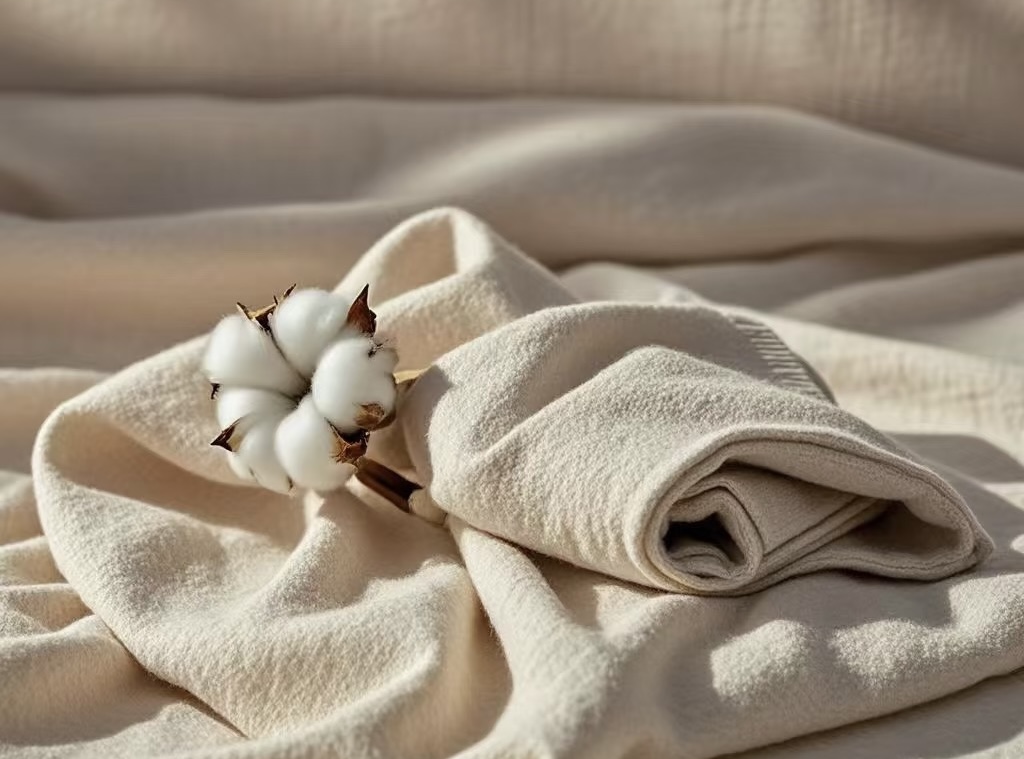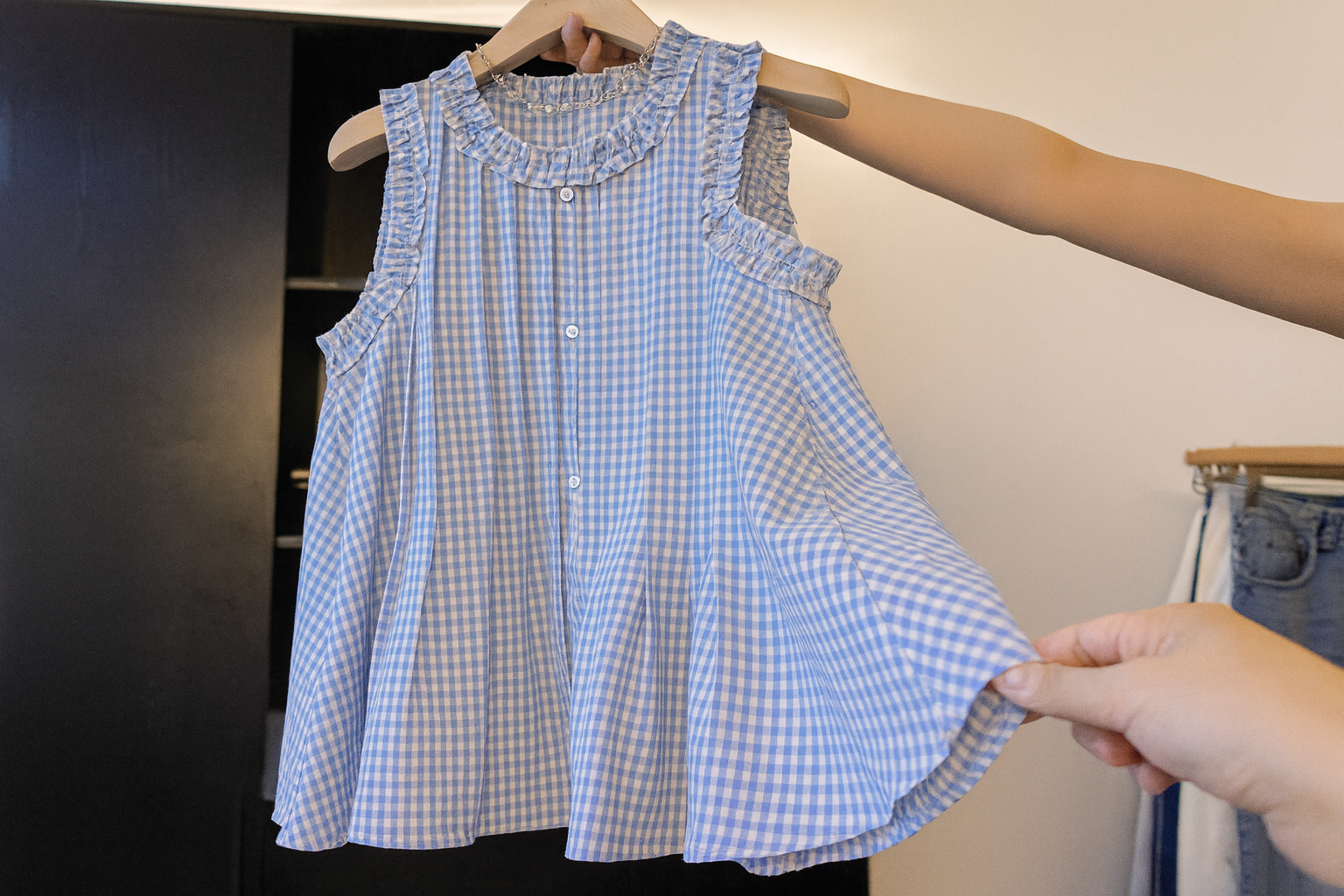I still remember the first time I touched a piece of clothing made with organic cotton—it just felt different. Softer, purer. But beyond the feel, there’s a bigger story. Organic cotton isn’t just about comfort. It’s about what we don’t see—the soil, the rivers, the farmers, and the future.
Organic cotton is better for the environment because it eliminates toxic pesticides, protects soil health, reduces water consumption, lowers carbon emissions, and supports long-term sustainability. From the ground up, organic practices create healthier ecosystems and protect the well-being of farmers and communities.
Let’s dive into why choosing organic cotton isn’t just a fashion decision—it’s a planet-loving one.
How does organic cotton farming reduce the use of harmful chemicals?
When I learned how many chemicals go into conventional cotton, I was shocked. And honestly? A little grossed out.
Organic cotton is grown without synthetic pesticides, herbicides, or chemical fertilizers. Instead, it relies on natural compost, beneficial insects, and organic-approved practices to manage pests and nourish soil. This makes it far safer for farmers, ecosystems, and water systems downstream.
Dive deeper: The invisible cost of chemicals in cotton
Let’s be real. Conventional cotton might look clean on store shelves, but behind the scenes? It’s a different story.
1. The Chemical Load of Conventional Cotton
Conventional cotton farming uses:
- 16% of the world’s insecticides
- 7% of all herbicides
- Synthetic fertilizers that can leach into groundwater
These chemicals aren’t just harsh—they’re toxic. They’ve been linked to waterway pollution, farmer illness, and long-term soil damage. And yes, they leave residue in our environment long after harvest.
2. How Organic Cotton Avoids the Trap
Instead of going the chemical route, organic cotton farmers focus on natural balance:
- Neem oil, garlic spray, and ladybugs help control pests
- Crop rotation and composting feed the soil
- Manual weeding replaces toxic herbicides
This approach doesn’t just protect the crop. It protects everything around it—rivers, animals, people.
3.What This Means for the Environment
Because organic farms skip chemicals, they reduce:
| Environmental Concern | Conventional Cotton | Organic Cotton |
|---|---|---|
| Pesticide use | Very high | None |
| Soil degradation risk | Significant | Minimal |
| Groundwater contamination | Common | Rare |
| Chemical residue on crops | Likely | Very unlikely |
Plus, when there are no synthetic chemicals to manufacture or apply, energy and emissions drop too.
4. The Human Angle
I’ve read stories of farmers in India who developed chronic health issues after years of exposure to pesticides on conventional cotton farms. With organic cotton, that risk nearly vanishes. They can farm safely, their children can play nearby, and their communities thrive.
And honestly, doesn’t that make the T-shirt on your kid’s back feel better?
Conclusion
Organic cotton isn’t just a greener choice—it’s a cleaner, safer, and smarter one. By skipping harmful chemicals, it helps protect our environment and the people who grow our clothes. It’s better for the planet, and better for all of us.



